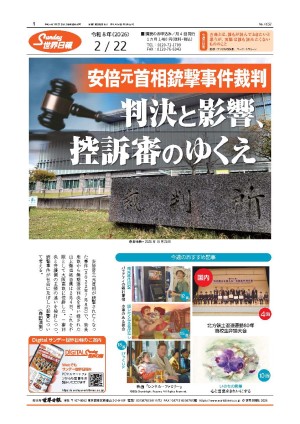テロを受けて分断されるフランス社会 French Muslims see widening social divide in wake of terror attacks
【ニース(フランス)】髪をスカーフで覆った若いイスラム教徒女性が、ビーチサイドの遊歩道に花を手向けていた。7月中旬、「イスラム国」に刺激を受けたテロリストが、フランス革命記念日を祝っていた人々をひき殺した事件の翌日のことだ。
この女性は、気持ちは沈んでいるように見えたが、事件によって国内のイスラム教徒をめぐる緊張は高まっているかと聞くと、動揺など生じていないとむきになって答えた。名前はナタリーとしておいてほしいというこの30歳の女性は、「この男は私から見れば、イスラム教徒ではない。怪物だ」と話した。
...【全文を読む】







